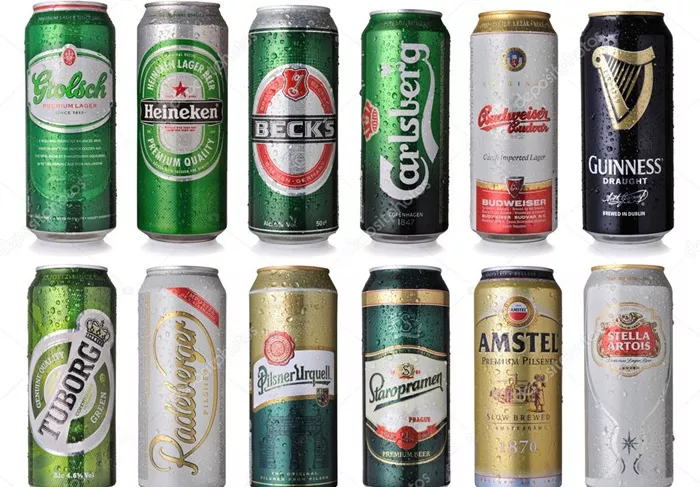While homebrewing has long been a popular hobby, social media platforms like Reddit are transforming the way amateur brewers connect, troubleshoot, and share advice. The r/Homebrewing subreddit, in particular, has become a vibrant community where novices and seasoned hobbyists alike exchange tips, recipes, and reflections on their brewing journeys.
One topic that sparked widespread discussion recently was the question: What’s the most challenging beer style to brew?
For one Reddit user, English-style bitters topped the list. “Every time I try making one, there’s always something slightly off,” they wrote. Citing Fuller’s ESB as a personal favorite, the user noted the style’s subtlety makes it difficult to replicate without extensive tweaking and multiple test batches.
Another user pointed to lagers as the ultimate challenge—not because of the recipe itself, but due to the precision of the process. “If you could consistently recreate a macro lager like Coors Banquet or Budweiser, I’d be more impressed than with a well-made ale,” they wrote. Others agreed, emphasizing that lager brewing demands meticulous attention to detail, including cold fermentation, proper yeast pitching, and extended conditioning periods.
One commenter highlighted the patience required: “Lagers have nothing to hide behind. The grains, the water chemistry, the fermentation schedule—it all has to be spot on. And then, you wait six weeks or more without touching it.”
Not everyone agreed that lagers are the hardest. Some argued that traditional Belgian gueuze—a blend of one-, two-, and three-year-old lambics—is even more demanding due to the time investment, blending process, and careful monitoring it requires over several years.
Still, others put forward IPAs as deceptively difficult. While often seen as a go-to for homebrewers, perfecting a world-class version is no easy task. “Even with a flawless process and oxygen control, it’s hard to nail the perfect snappy bitterness and hop aroma without astringency,” one Redditor explained. “Good lagers and good IPAs aren’t hard to make—but making truly top-tier examples is another matter.”
Homebrewing’s appeal continues to grow globally. In Germany, for example, the number of registered homebrewers has tripled over the past decade. As of now, roughly 10,000 brewers are listed with German customs—a rise bolstered in part by recent regulatory changes that removed reporting and taxation requirements, even for those producing over 200 liters annually.
Whether experimenting with centuries-old styles or recreating commercial favorites, homebrewers around the world are finding inspiration and support in online communities—one batch at a time.
You Might Be Interested In:


